Troutbeck Symposium uncovers neglected history

The 2023 Troutbeck Symposium kicked off on Sunday, April 30 with an educators’ session. Prof. Christina Proenza-Coles, University of Virginia, provided historical perspective on native populations and the rise and demise of slavery.
Photo by Leila Hawken
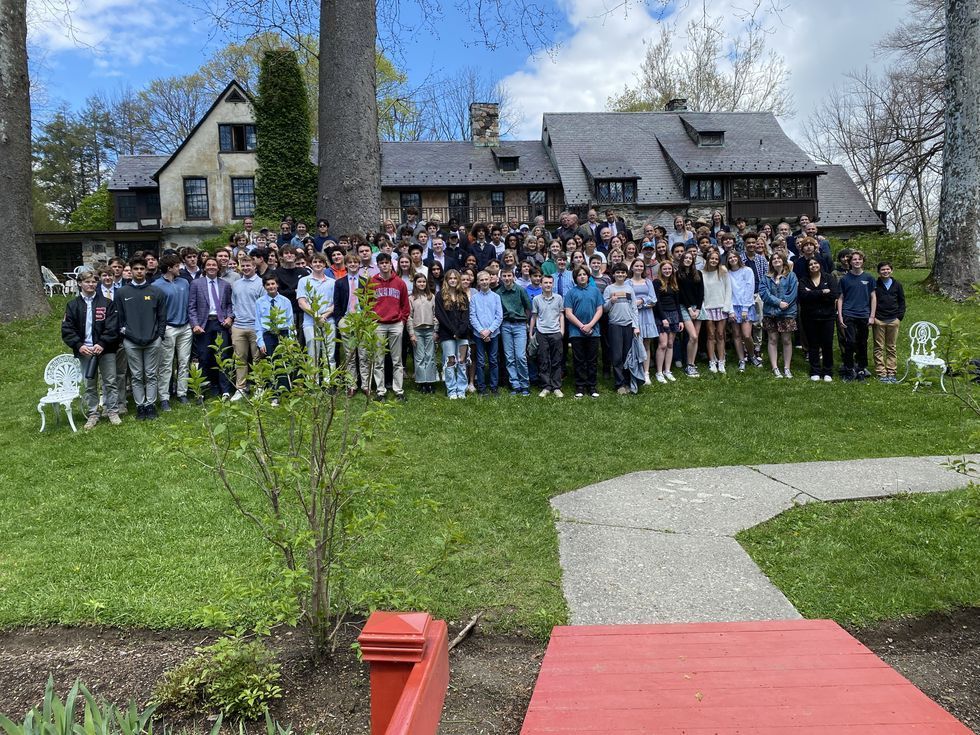
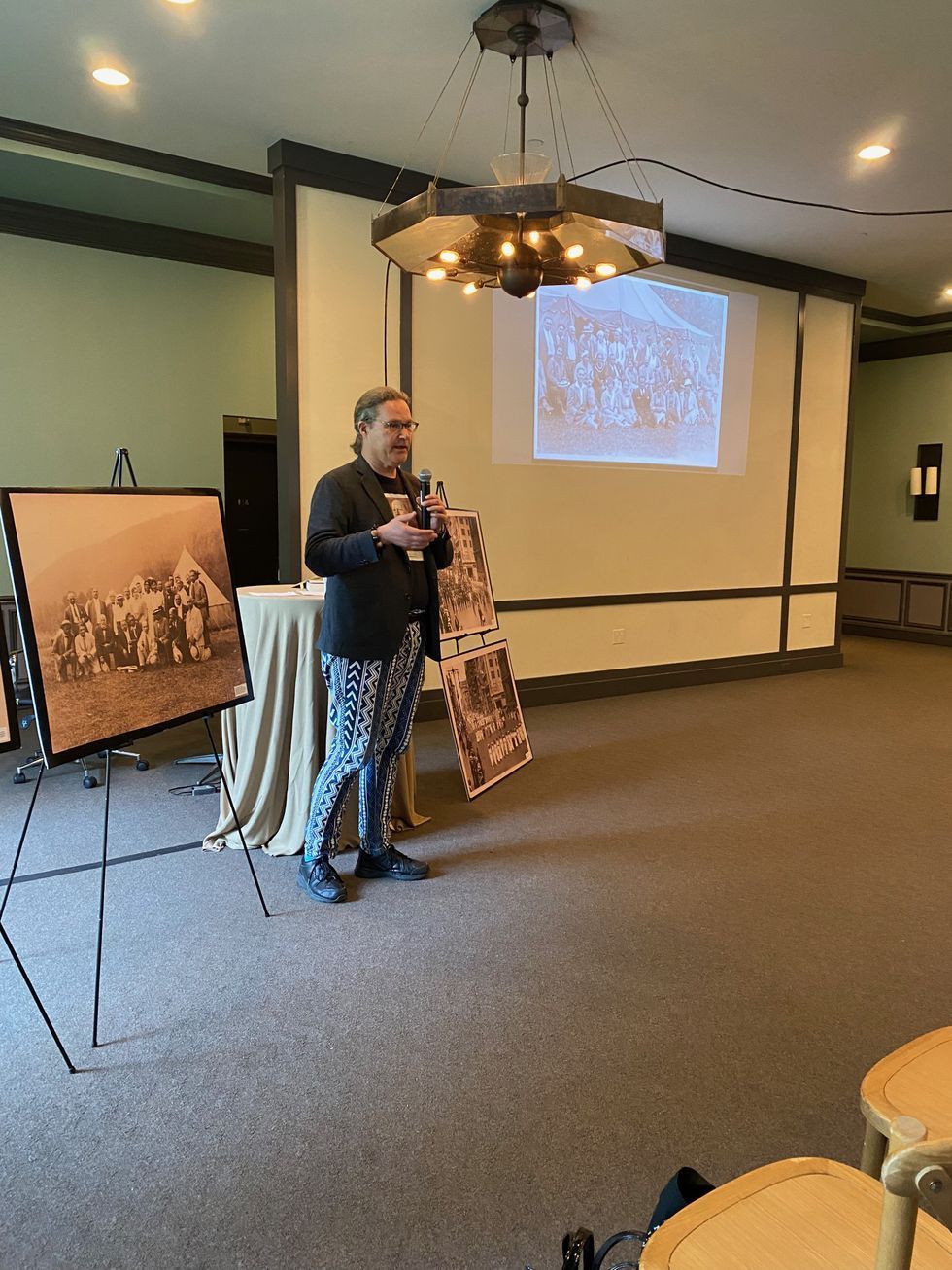
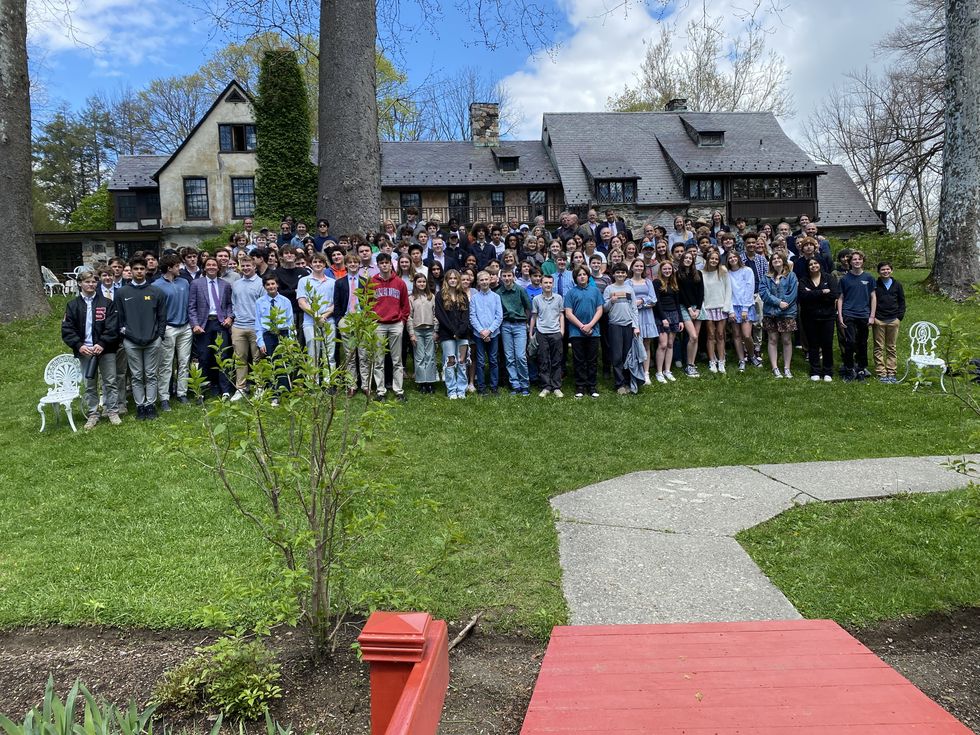
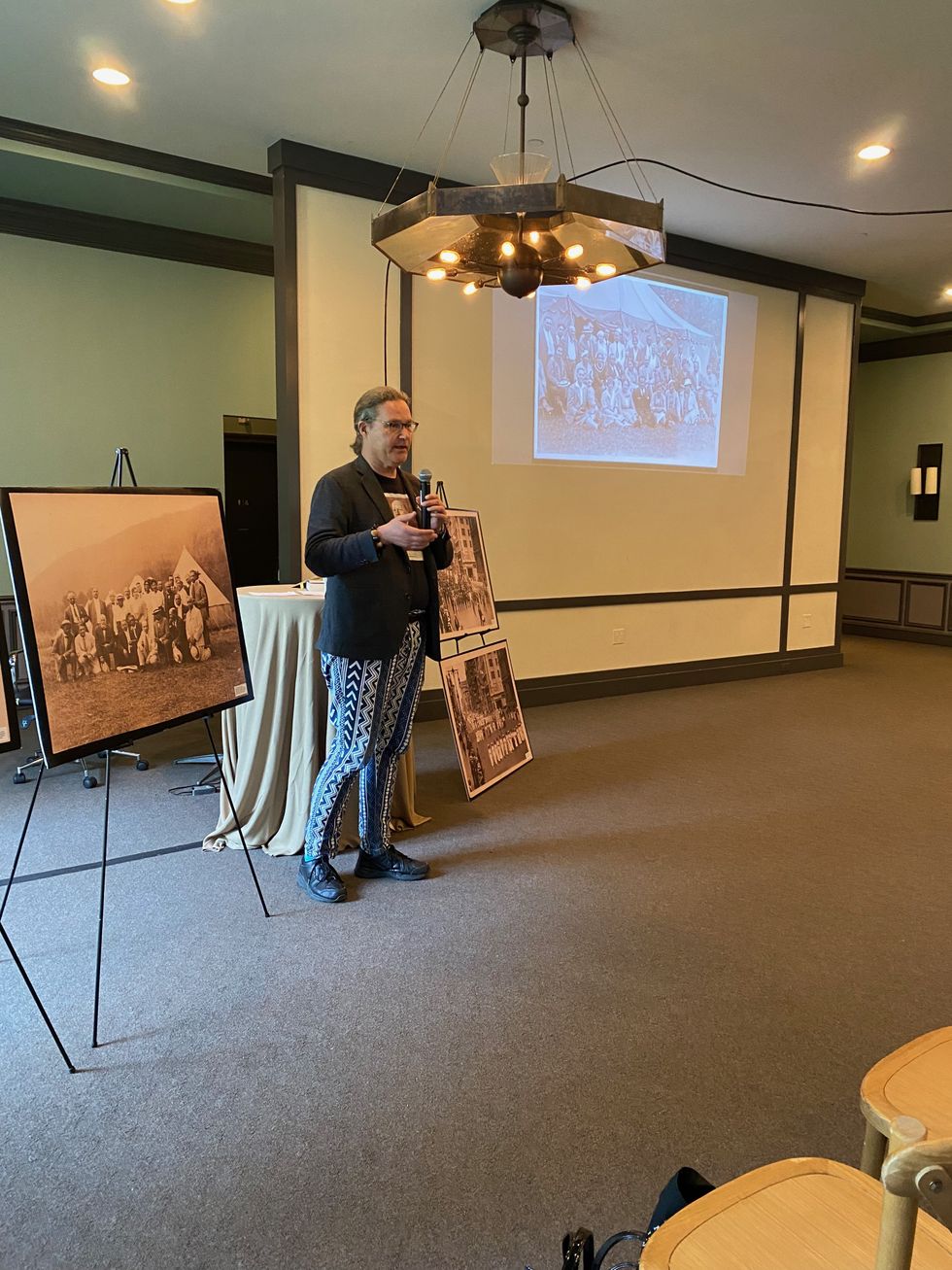


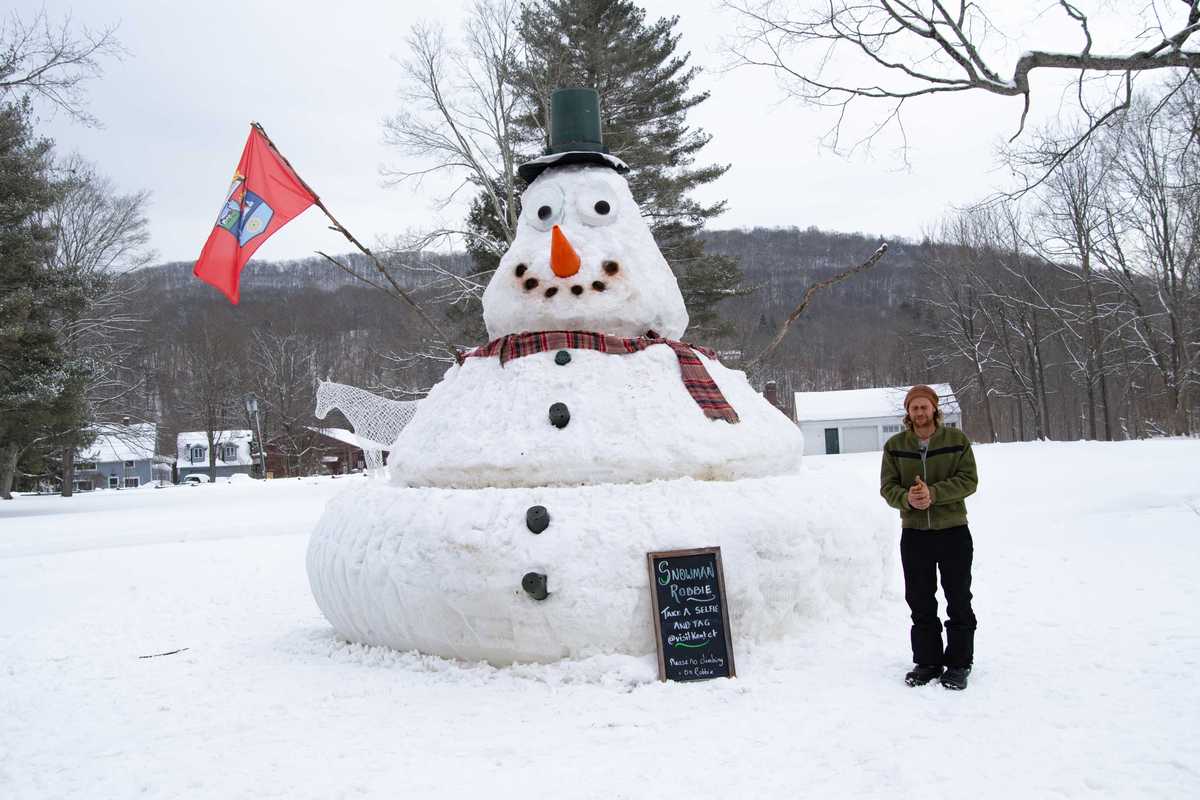



 lakevillejournal.com
lakevillejournal.com 




 Visitors consider Norman Rockwell’s paintings on Civil Rights for Look Magazine, “New Kids in the Neighborhood” (1967) and “The Problem We All Live With” (1963.) L. Tomaino
Visitors consider Norman Rockwell’s paintings on Civil Rights for Look Magazine, “New Kids in the Neighborhood” (1967) and “The Problem We All Live With” (1963.) L. Tomaino




